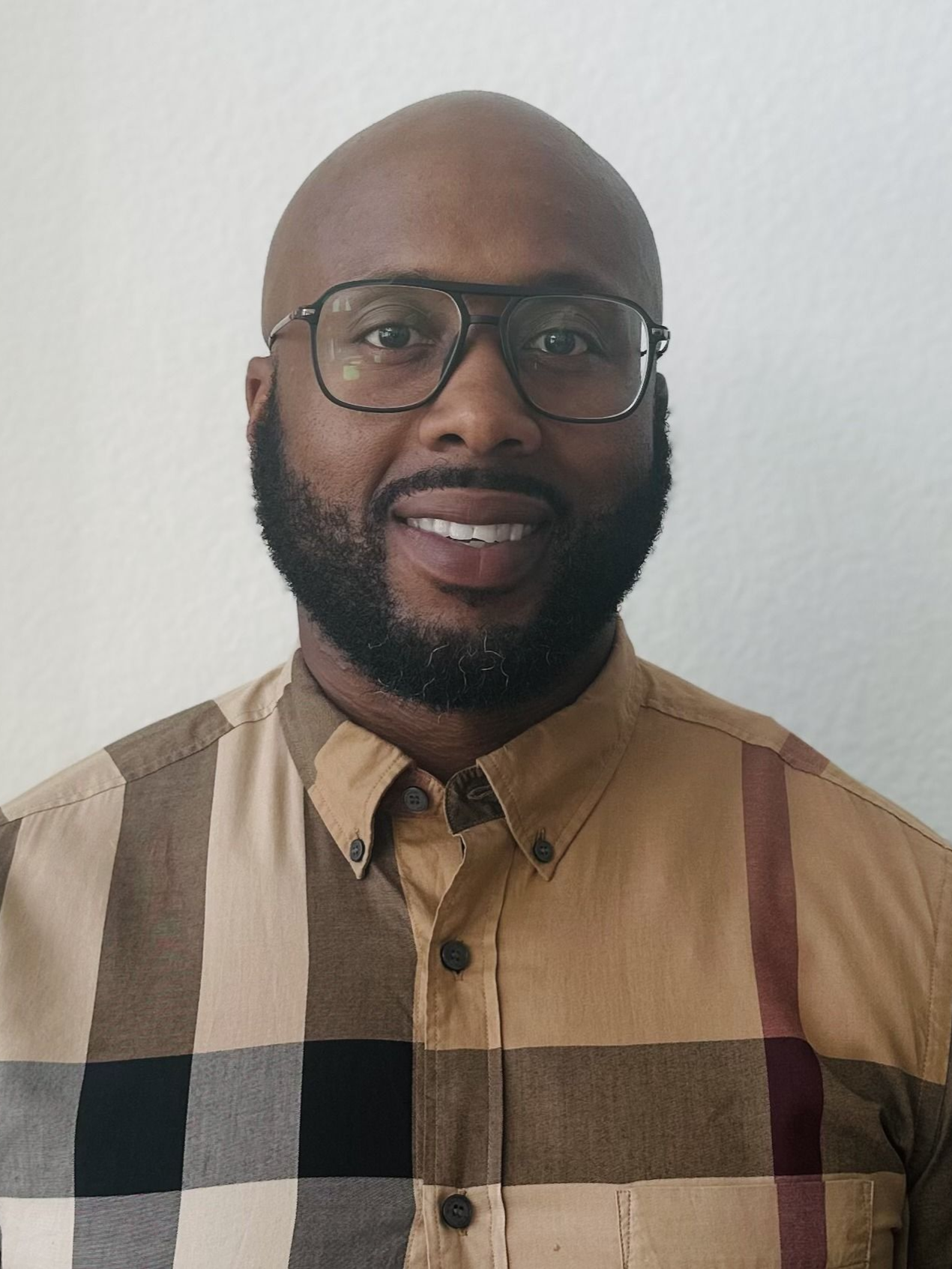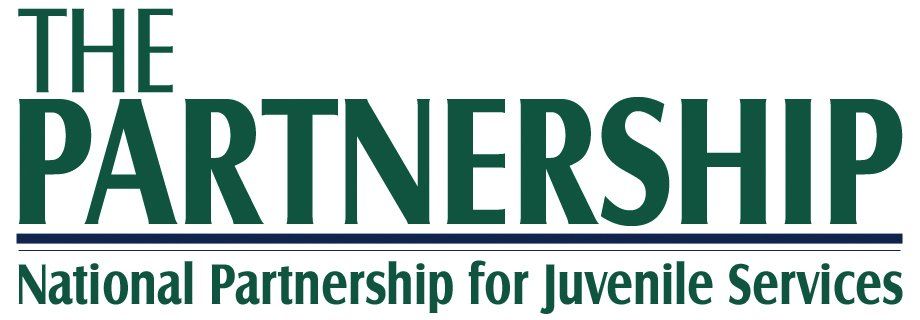Read Our Employee Interview
Juvenile Justice Spotlight

Deon Ruben
Imbedded Juvenile Justice Consultant
Agency: DRR Consulting Group with NPJS
Office Location: Houston, Texas
1. What does a day in the life at work look like for you?
“Well, every day in this role is about showing up for the staff, for the youth, and for the bigger purpose behind the work. I start my mornings early, between 5 and 6am, checking in with the team, listening, and setting the tone for the day.
By midday, I’m working alongside staff — coaching through real situations, helping find better ways to connect with youth, and making sure our approach stays consistent and fair.
The afternoons are where the heart of the work happens. Spending time with the youth reminds me why this matters. Every conversation, every small breakthrough, every bit of trust built…that’s the real progress.
I usually end the day reflecting on what went well, what needs attention, and how we can keep improving. Being embedded means I’m not just observing from the sidelines, I’m part of the rhythm, helping shape a culture that focuses less on punishment and more on growth and understanding.
Each day in this role teaches me something new about people, resilience, and the power of consistency. Being embedded is great because you don’t just study the system; you become part of its heartbeat, helping it find a healthier, more human rhythm. It’s about understanding what’s happening on the ground and making sure everyone feels supported and aligned.”
2. As part of your role, you have listed on LinkedIn that you, “recommend new policy and training”. Tell us about what goes into you making those recommendations.
“When I recommend new policy or training, it’s rooted in what I see and experience day-to-day inside the facility. I start by observing how things actually work, how staff interact with youth, where systems break down, and where support is needed. I use both data and staff input to identify real gaps, not just surface problems.
Every recommendation aligns with best practices and trauma-informed standards, making sure it’s practical, compliant, and people-centered. The goal isn’t just new rules, but it’s meaningful change that strengthens safety, communication, and consistency across the team.”
3. What gets you excited about your current role?
“I’m passionate about coaching staff to step up their confidence, consistency, and purpose, while also working with youth to transform their behaviors and outcomes. Having worked my way up in the field from being a front-line staff, and through multiple levels of leadership I see things a little differently. I get excited about building relationships, improving communication, and applying trauma-informed practices that create real, lasting change. I thrive on turning small shifts in mindset and approach into meaningful growth for both staff and youth.”
4. When I say the word, “Mentor”, who is it that you think about, and what is something you were taught that sticks with you today?
“When you said mentor, I immediately thought about the various mentors that are in my professional life. Having multiple mentors Leonard Dixon, Jacquline Ferolli, Terry Wilson, Keisha Issacs, Donta Smith, and a few others. I apologize; I have a very lengthy list of Mentors. Throughout my professional journey they all have shown me what true leadership looks like. Each of them modeled the power of teamwork, creating space for others to grow, contribute, and reach their full potential without fear or competition. Their example taught me that great leaders don’t lead for recognition; they lead to elevate those around them.”
5. What is your one experience that stands out as your favorite or most memorable?
“One of my most memorable experiences came when I reconnected with a young man who had once been in our custody at CCJTDC. Someone who, like me, grew up in a gang, drug, and violence-stricken inner-city neighborhood. He shared how seeing a familiar face from his community working within government gave him hope. I was proof that change, and success are possible with commitment and effort. Today, he’s a business owner, advisor, and a real estate investor. His journey reminds me why this work matters. When young people see possibility reflected in someone who understands where they come from, it can change the entire trajectory of their lives.”
6. Whether it’s a co-worker or young person you work with, what is one consistent piece of advice you find yourself giving others?
“The one piece of solid advice that I always give is, well it doesn’t start as advice it starts as a saying ‘Be smooth, think about it’. Sure, on its surface it isn’t considered advice but once we start to unpack the situation, that’s where the magic happens. I’m a critical thinker and that’s what I try to get others to do, consider all possible actions and reactions to your decision.”
7. From your perspective, how can the current state of Juvenile Justice improve?
“From my perspective, the future of juvenile justice depends on embracing an open mindset and a renewed commitment to collaboration. It’s time to welcome fresh leadership into the field — individuals who can uphold the highest standards while thoughtfully challenging outdated systems and guiding the way toward meaningful, sustainable reform.”
8. As it relates to Juvenile Justice, what has been the single most impactful change that has happened in the past 10 years?
“The single most impactful change has been “Raise the age”, which increases the age of criminal responsibility so that juvenile offenders are tried in the juvenile justice system rather than adult criminal court.
I mean think about it, Science says that our frontal lobe isn’t fully developed until we’re about 25. There are men incarcerated for crimes committed when they were minors. During that time at the very least, they didn’t have the mental capacity to fully understand how their decisions would negatively shape their future, not to mention the lasting effects on their communities.”
9. Who is Deon when he's away from work?
“Beyond my professional life, I truly value the moments that bring balance and perspective. Whether it’s spending quality time with my family and close friends, traveling to new places, or simply unwinding at the gym, these experiences keep me grounded. They remind me of what truly matters—connection, growth, and gratitude for the people and moments that shape who I am. I believe that nurturing these parts of my life helps me show up more present, focused, and authentic in everything I do.”
